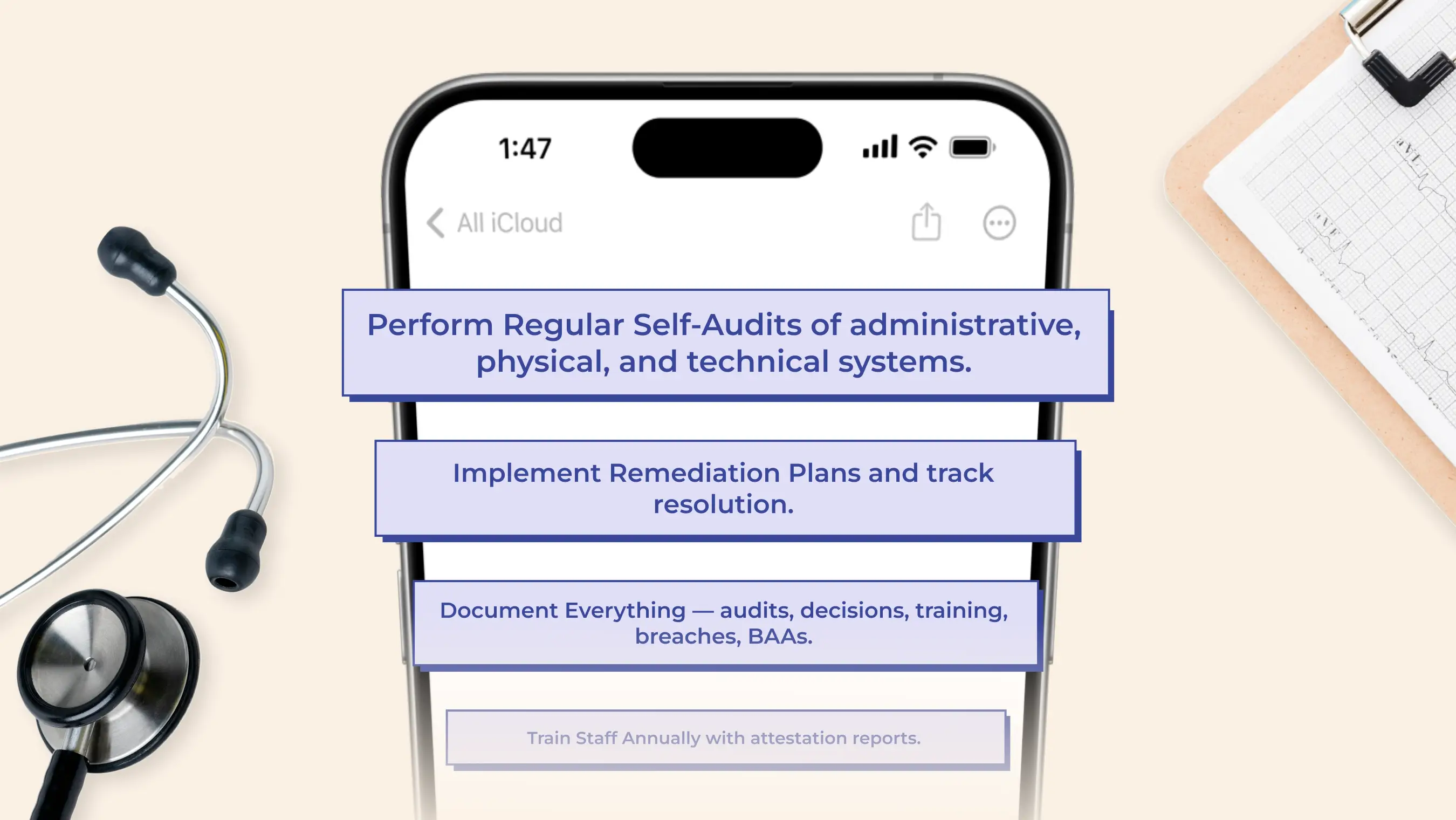
What Is Elaboration Phase and Why Is It Important?
The elaboration phase is a key part of the software planning process. It builds on the initial idea from the discovery or inception stage and refines it into clear, actionable deliverables.
.webp)
Why the Elaboration Phase Matters for Startups and Enterprises
Sometimes called requirements elaboration, this process reduces risks, avoids scope creep, and provides more accurate cost and time estimates.
Skipping or rushing elaboration often leads to unclear priorities, inaccurate budgets, and endless changes later in development.
By investing in the elaboration process, companies benefit from:
- A clearer understanding of user needs
- More reliable estimates of cost and timeline
- Reduced project risks
- Documentation that supports compliance and onboarding
For startups, it’s about validating assumptions before committing resources. For enterprises, it ensures new products fit into existing processes and meet industry requirements.
Stages of the Elaboration Phase
This phase sits between project discovery and development. It includes:
1. Requirements Elaboration and Clarification
Here, we dig into user needs and priorities — an essential part of the requirements gathering process. We work with stakeholders to identify business goals and technical constraints, ensuring the team builds the right thing from the start.
2. Wireframing and Prototyping
Designers create visual representations of the app. This visualisation not only supports alignment on UX but also helps define functional requirements and edge cases early on.
3. Technical Research and Specification
We explore integration points, security, performance, and compliance needs (such as HIPAA or GDPR). This step defines the technical architecture and lays the groundwork for compliant, scalable systems.
4. Effort Breakdown and Cost Estimation
By breaking features into user stories and tasks, we provide realistic time and cost estimates. It’s a cornerstone of software planning and helps avoid budget surprises later.
5. Requirements Documentation and Proposal
This stage brings everything together — user stories, wireframes, technical notes, and a roadmap. It serves as a blueprint for development and a vital resource for team alignment, investor discussions, or RFPs.
.webp)
Elaboration Phase vs Other SDLC Stages
The elaboration phase is often confused with other parts of the software development life cycle (SDLC).
- Inception vs Elaboration: Inception captures the idea. Elaboration shapes it into clear, testable software requirements.
- Elaboration vs Construction: Construction is when coding starts. Elaboration ensures that by the time developers begin, there’s a shared understanding of what’s being built.
Deliverables of the Elaboration Phase
By the end of elaboration, you should have:
- Requirements documentation
- Wireframes or prototypes
- A technical specification
- A high-level architecture plan
- Cost and time estimates
- A roadmap or proposal
.webp)
Why Is It Beneficial to Both Customers and Developers?
For developers, the elaboration phase removes ambiguity and allows for focused, high-quality execution.
For clients, it offers a realistic plan based on thoughtful project discovery and scoping, enabling better budgeting, timeline forecasting, and investor communication.
How Long Does the Elaboration Phase Take?
The timeline depends on project complexity. For small apps, it may take 1–2 weeks. For complex platforms or enterprise solutions, a duration of 3–6 weeks is common. The goal is to spend enough time reducing risks without stalling momentum.
Is the Elaboration Phase a Paid Service?
Yes. Elaboration requires input from designers, developers, and project managers, so it’s offered as a paid service. At Diversido, we structure elaboration as a standalone phase. This way, clients walk away with clear deliverables they can use, whether or not they continue with us for full development.
Final Thoughts
Skipping the elaboration phase is like building without a blueprint. For startups, it’s a smart investment before diving into development. For enterprises, it’s a structured approach to ensure compliance, integration, and quality.
Curious how an elaboration phase could shape your project? Let’s talk — or explore our Web Development Services to see how we bring structure and clarity to software planning.
FAQ
What is requirement elaboration?
Requirement elaboration is the process of refining early-stage business ideas into detailed, structured requirements that developers can follow. In some regions, it’s also referred to as tahap elaborasi adalah, especially in Indonesian-speaking markets.
What is the elaboration phase in software projects?
The elaboration phase is a planning step where teams define the project scope, align on user needs, and document technical details. It sets the foundation before development begins, reducing risk and avoiding surprises later.
What is the goal of the elaboration phase?
The goal of the elaboration phase is to clarify the project scope, define technical requirements, and reduce development risks. It ensures teams and stakeholders share the same understanding before development begins.
Why is the elaboration phase important for startups and enterprises?
For startups, it validates product–market fit and makes better use of limited budgets. For enterprises, it ensures smooth integration with existing systems. For everyone, it prevents scope creep and keeps development on track.
What are the key activities during the elaboration phase of software development?
Key activities in the elaboration phase typically include:
- Gathering and refining requirements
- Creating wireframes or prototypes
- Writing technical documentation
- Estimating time and cost
- Aligning the team on scope and goals
These steps reduce risk and clarify the project path before development starts.
What do I get at the end of the elaboration phase?
You’ll receive a clear set of deliverables:
- Requirements documentation
- Wireframes or prototypes
- Technical specifications
- Cost and time estimates
- A project roadmap
You can take these forward with us or with any team you choose.
How long does the elaboration phase take?
Typically 1–2 weeks for smaller projects, and 3–6 weeks for complex platforms. The exact timeline depends on the product’s scope and complexity.
Is the elaboration phase a paid service?
Yes. It’s a standalone service involving our designers, developers, and project managers. You receive tangible deliverables you can reuse, even if you work with another team.
What is the difference between backlog grooming and elaboration?
Backlog grooming (also known as refinement) is an ongoing Agile activity where tasks in the product backlog are reviewed, updated, and prioritized.
The elaboration phase, on the other hand, is a fixed-duration planning stage conducted before development begins. It focuses on defining the project scope, requirements, technical specs, and roadmap.
Can I use elaboration phase deliverables with another development team?
Yes. At Diversido, elaboration deliverables are yours to keep. You can use them with us or any other development team. They're designed to be portable, clear, and actionable.



.webp)


